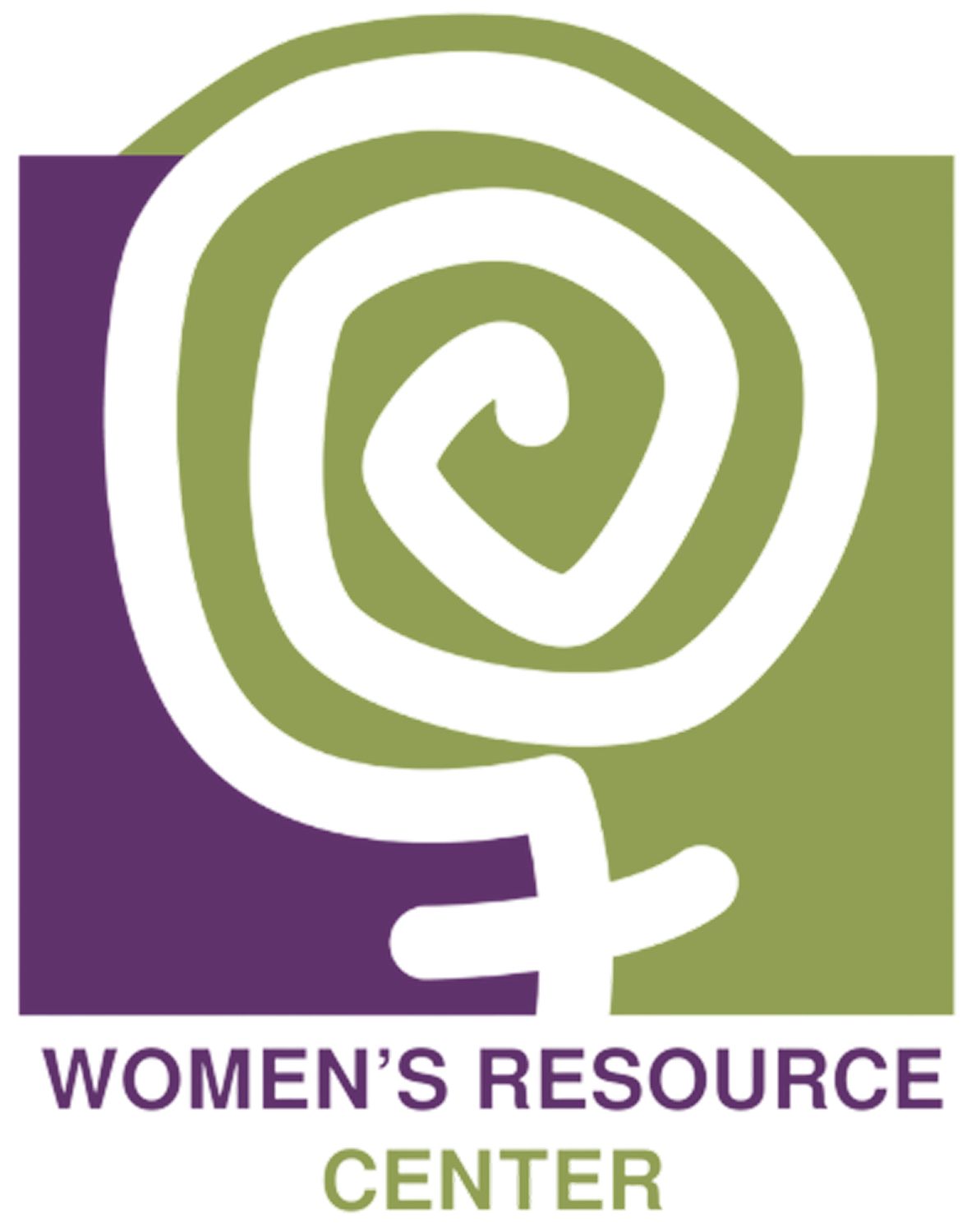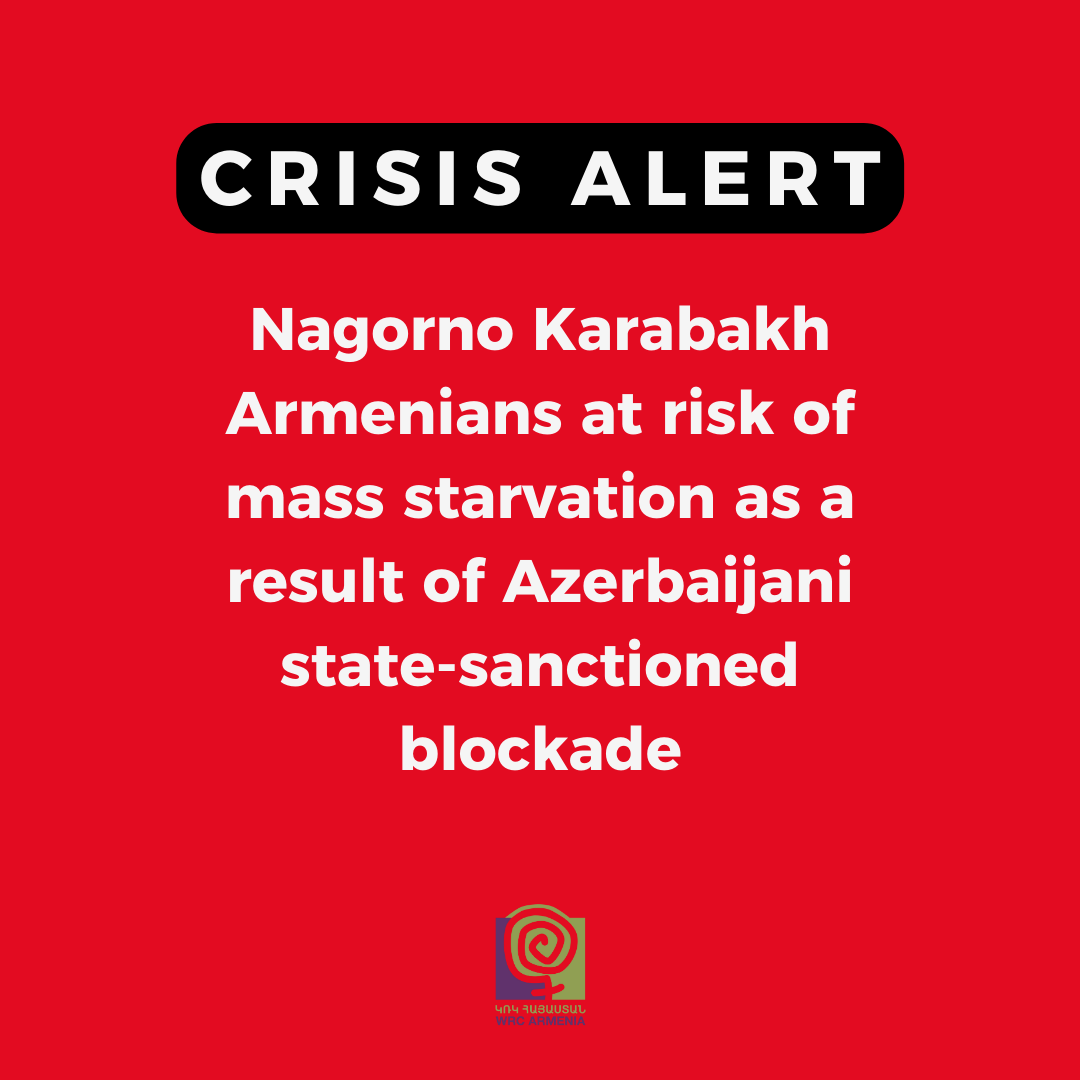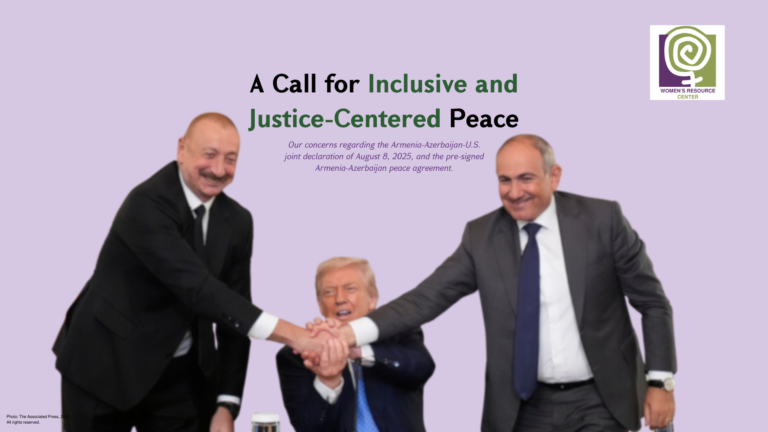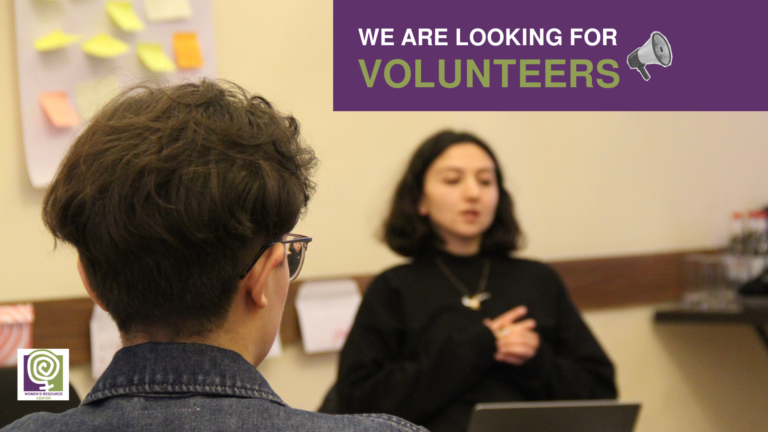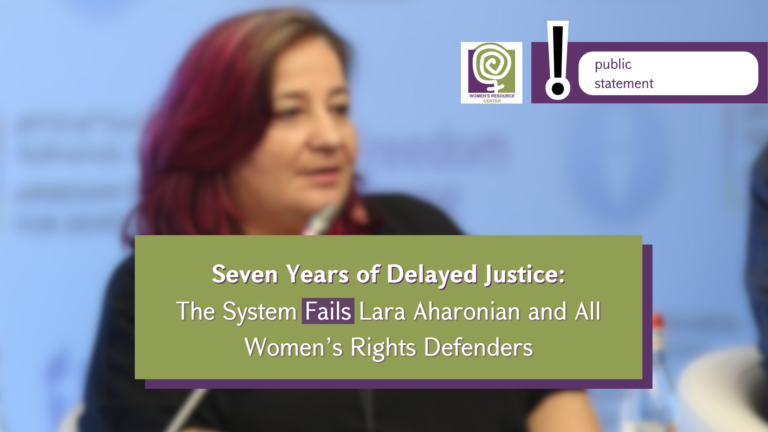Nagorno Karabakh (Armenian name Artsakh) has been under blockade since December 12, 2022, and for more than seven months its native Armenian population has experienced food, fuel, and other supplies shortages, gas, electricity, water outages, and medical emergencies in failing local hospitals. The International Committee of the Red Cross is the only international organization to have access to the region. It transports patients in urgent need of care to Armenia (more than 600 since December 2022), yet Azerbaijan has also targeted the work the Red Cross does, delaying and denying medical care to patients from NK.
The blockade started with astroturfed ‘’eco-activist’’ protests which were directly sponsored by Baku and administered by the Azerbaijani military and were accompanied by anti-Armenian signs and slogans. Then in April Azerbaijan installed a checking point between the Armenian and Azerbaijani border, on the Lachin Corridor and declared that NK Armenians needed to pass by this point to travel in and out of the region. However, earlier this year the International Court of Justice ordered Azerbaijan the following, “Azerbaijan shall take all measures at its disposal to ensure unimpeded movement of persons, vehicles, and cargo along the Lachin Corridor in both directions.’’ According to the November 9th, 2020 ceasefire agreement, the Russian peacekeeping force is the one responsible for the Lachin Corridor, the checkpoint installed by Azerbaijan is in direct violation of the agreement. Azerbaijan virtually controls supply routes to NK which means the deliberate starvation of the Armenian people there is part of warfare, psychological or otherwise.
On June 15 following a shootout between Armenian and Azerbaijani troops near the Lachin Corridor, Azerbaijan banned all humanitarian passenger and cargo transport through the corridor which was carried out, in limited quantities, by Russian peacekeepers and the International Committee of the Red Cross. Baku thus significantly aggravated the shortages of basic foodstuffs rationed since January of this year.
Poverty and shortages uniquely affect women and girls because of their social mobility and position in society. Most recently tragedy struck the unrecognized republic when a mother of two- three and six years old- left the sleeping children in their house to travel by foot to a neighboring city for food only to come back and find that the children had disappeared. The next day the children were found dead from heatstroke in a car in the town of Martakert where they walked to in search of their mother.
It is evident that medicine shortages have had adverse effects on women’s reproductive health. Due to the blockade, the ‘’Mother and Child Health Care Center’’ in Stepanakert reported a concerning trend in recent months: losses in the early stages of pregnancy have nearly tripled and there was a significant increase in perinatal mortality rates. This distressing situation is attributed to two main factors: the highly stressful circumstances and a lack of access to a balanced diet. Sexual and reproductive health services for women are limited and inaccessible which is a violation of their human rights: also be reminded that during the 2020 war, Azerbaijan targeted the maternity ward in Stepanakert. The two above-mentioned examples do not necessarily represent the dire situation in NK, we and our partners have not had access to the region for seven months now in order to monitor issues relevant to women’s rights on the ground.
Taking into consideration the catastrophic situation in NK the WRC urges:
- The international community, including our partners and decision-makers in foreign governments as well as international organizations, to pay attention to and recognize this humanitarian crisis unfolding in the unrecognized republic of Nagorno Karabakh.
- Urgent intervention is needed to ensure that the affected civilians receive the necessary humanitarian assistance and protection. The international community must put pressure on Azerbaijan to unblock the Lachin corridor, the sole road connecting Armenia to Nagorno Karabakh.
- Finally, international organizations including UN bodies to ensure local presence in Nagorno Karabakh to monitor further developments and to prevent the crisis from turning into ethnic cleansing campaigns.
